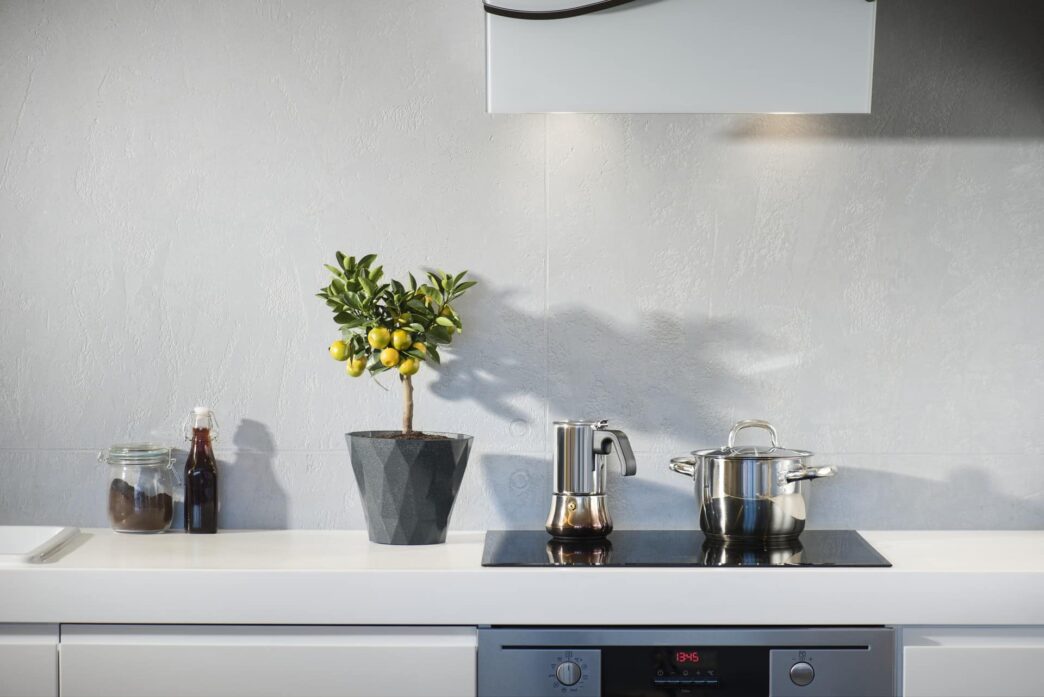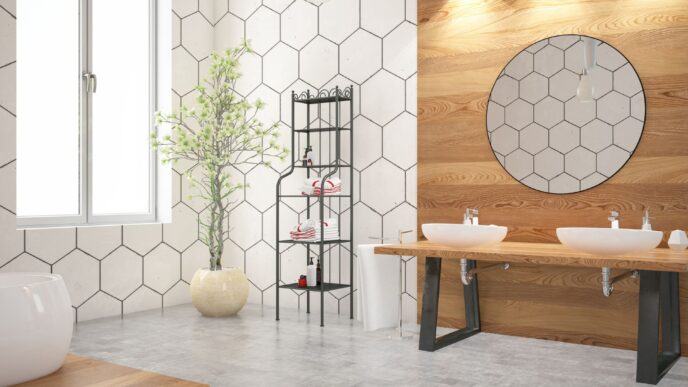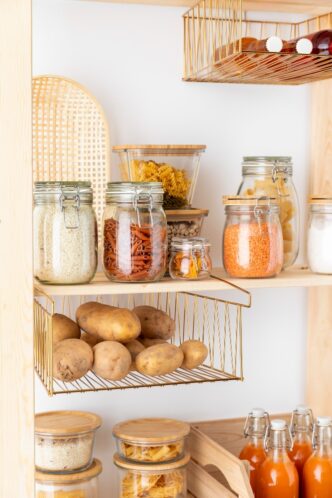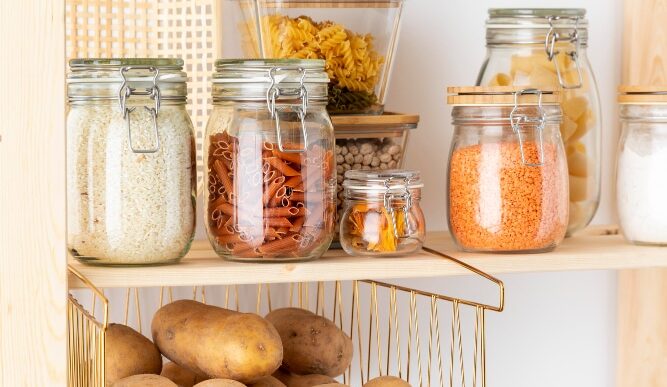Upgrading your kitchen with stone countertops doesn’t have to break the bank. Today, many stylish (and durable) options are available that homeowners will find surprisingly affordable.
From the sleek look of engineered quartz to the rustic charm of butcher block, there’s a budget-friendly countertop choice for every taste and kitchen style. Let’s explore some of the most popular affordable stone countertops on the market that don’t compromise on quality or aesthetics.
1. Engineered Quartz: The Versatile Favorite
Engineered quartz countertops are a fantastic choice for those who love the look of natural stone but not the price tag. These countertops made from crushed quartz and resin are tough, non-porous, and come in various colors and patterns. They mimic the appearance of natural stones like granite and marble but are more affordable and easier to maintain.
2. Soapstone: The Soft Touch
Soapstone, known for its matte finish and soft feel, is another excellent choice for affordable stone countertops. Its unique look gives your kitchen a touch of understated elegance. Soapstone is also quite durable and resists heat well, making it a practical choice for busy kitchens.
3. Slate: The Rustic Appeal
Slate countertops are a great option if you’re going for a rustic or country kitchen look. It is not only budget-friendly but also resistant to stains and scratches. Its natural, uneven texture adds character to your kitchen and is available in shades of grey, green, and black.
4. Travertine and Limestone: The Natural Beauties
For those who prefer natural stone, travertine and limestone are more affordable alternatives to high-end stones. These materials offer a unique aesthetic with their earthy tones and natural patterns. While they require a bit more maintenance, their beauty can be worth the effort.
5. Butcher Block: The Warm Alternative
Butcher block countertops, made from pieces of wood joined together, are an excellent choice for adding warmth and a rustic charm to your kitchen. They’re affordable and incredibly versatile, fitting in with many kitchen styles, from modern to traditional.
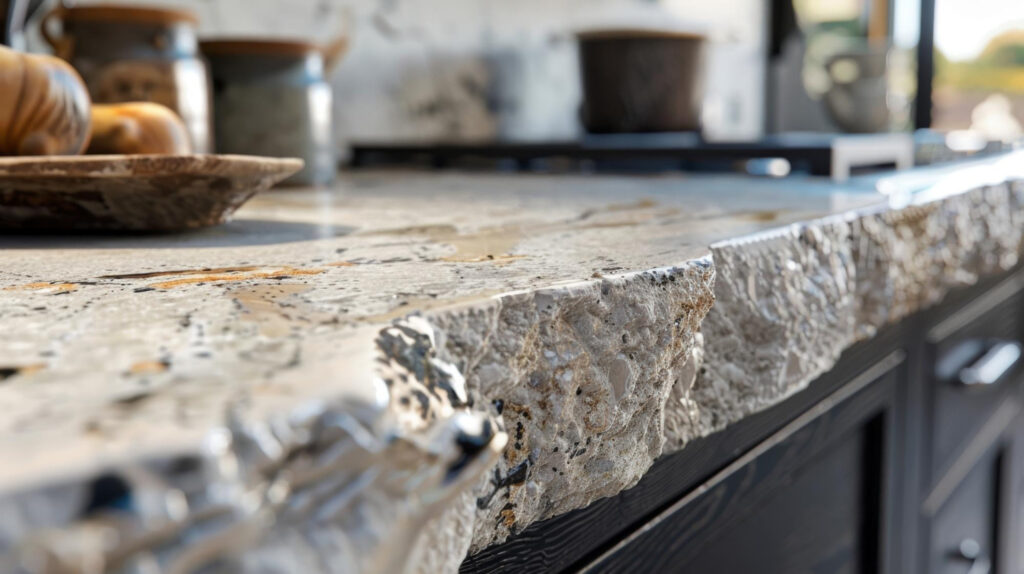
Comparing Costs and Suppliers:
While these materials are generally more affordable, the final cost can vary depending on installation charges and additional features. It’s important to compare options and suppliers to find the best deal that fits your budget and style needs.
Maintenance and Durability:
Each of these countertop options requires different levels of maintenance. Engineered quartz is relatively low-maintenance, while natural stones like travertine and limestone need regular sealing. Butcher block counters also require periodic oiling to maintain their look and durability.
Explore More Options:
If you’re curious to see a wide range of stones perfect for kitchen countertops, we have just the thing for you. Click on this link to explore natural stones for kitchen countertops. Here, you’ll find stunning visuals of various countertop materials, from engineered quartz’s sleek elegance to the butcher block’s rustic charm. Each stone is showcased with detailed descriptions, helping you visualize how they could enhance your kitchen.
For more kitchen design tips and ideas, be sure to follow us on Instagram at @kitchenandbathshop!
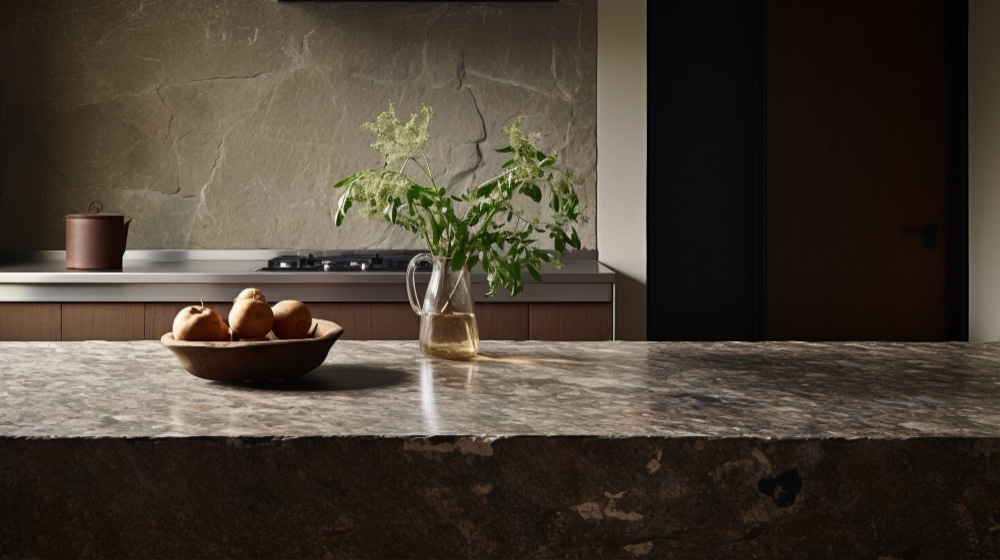
Frequently Asked Questions
How do I protect my soapstone countertops from damage?
Soapstone is naturally quite durable but to enhance its longevity, apply mineral oil periodically to even out the patina and protect the surface. Avoid using harsh chemicals for cleaning; mild soap and water are sufficient.
Can engineered quartz be used outdoors?
Engineered quartz is not recommended for outdoor use as UV light can cause the colors to fade over time. It’s best used for indoor countertops where it won’t be exposed to direct sunlight.
Is it necessary to seal slate countertops?
Yes, sealing slate countertops is recommended to protect them from stains and scratches. Use a penetrating sealer designed for natural stone for the best results, and reapply as needed based on manufacturer’s recommendations.
How often should travertine and limestone countertops be sealed?
Travertine and limestone countertops should be sealed upon installation and then resealed every one to two years, depending on the amount of use and exposure to spills. Regular sealing helps maintain their resistance to stains and etching.
What maintenance is required for butcher block countertops to keep them looking good?
Butcher block countertops require regular oiling every few months with a food-safe mineral oil or butcher block conditioner to prevent drying and cracking. Clean spills promptly and use mild soap and water for cleaning. Sand out any scratches or marks as needed.

